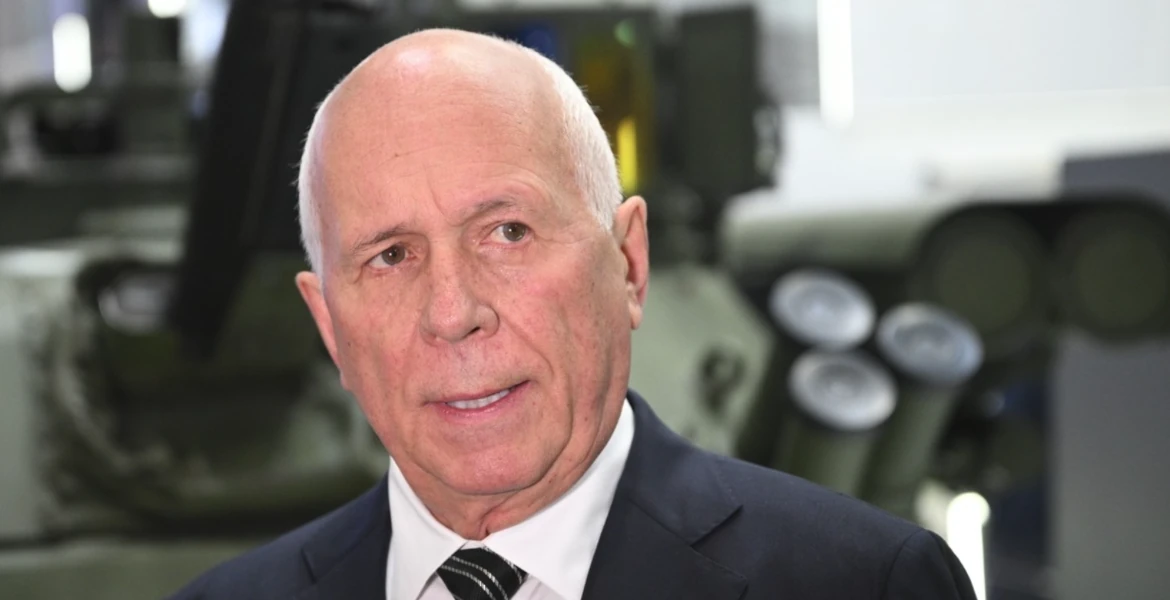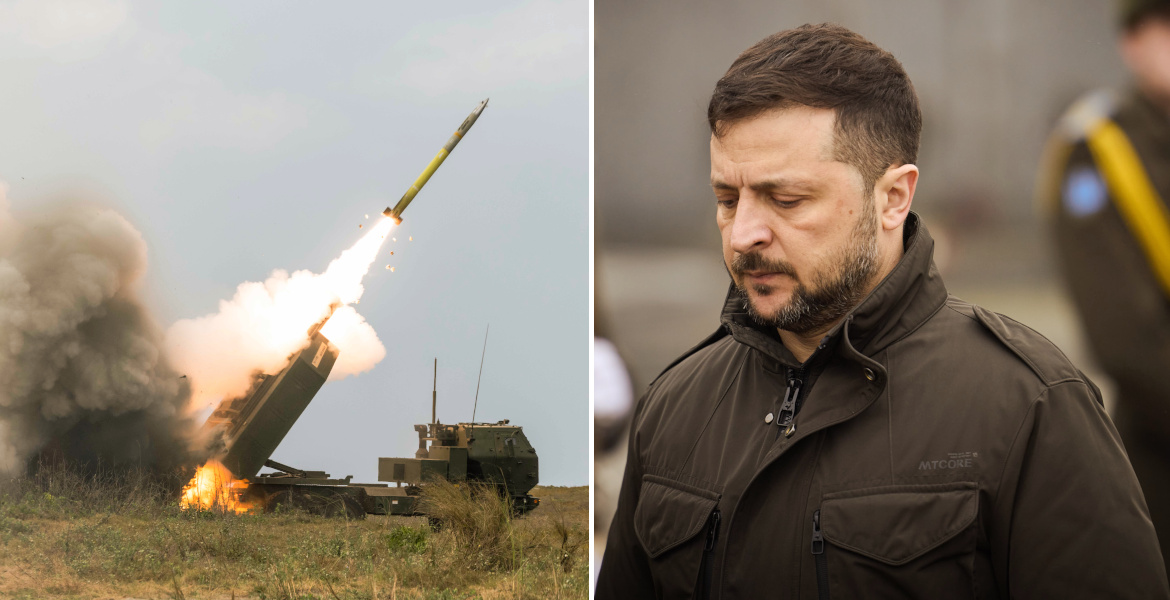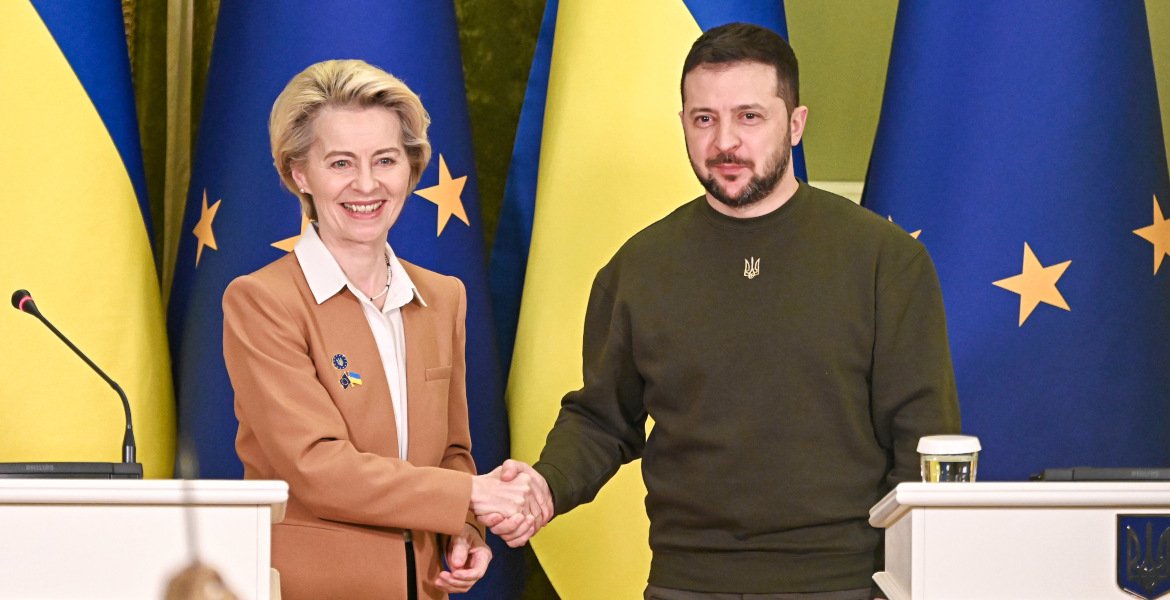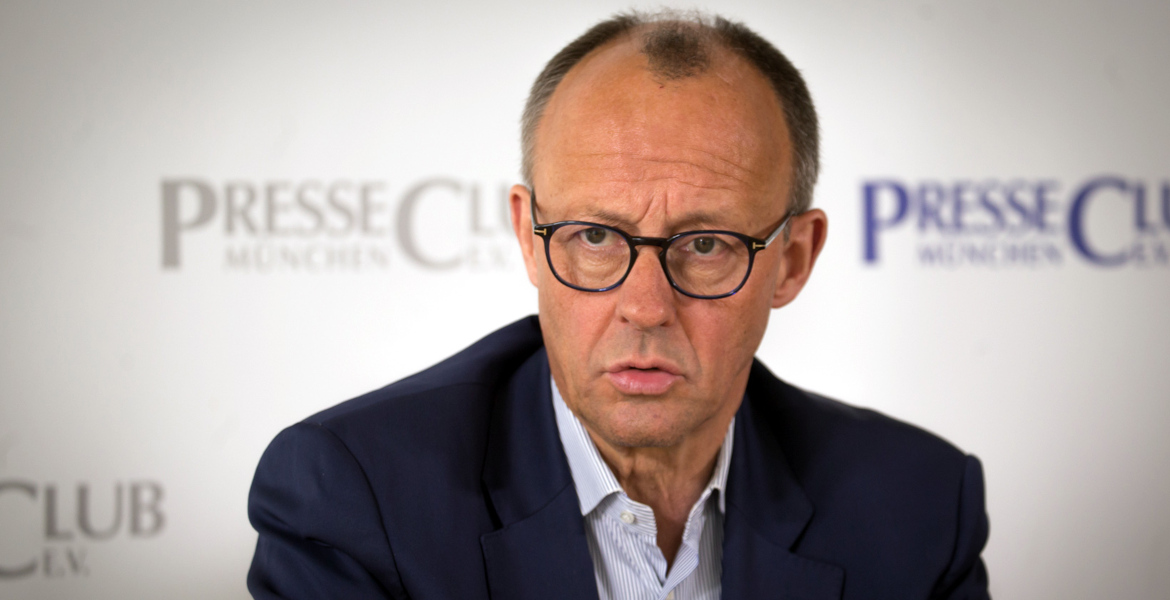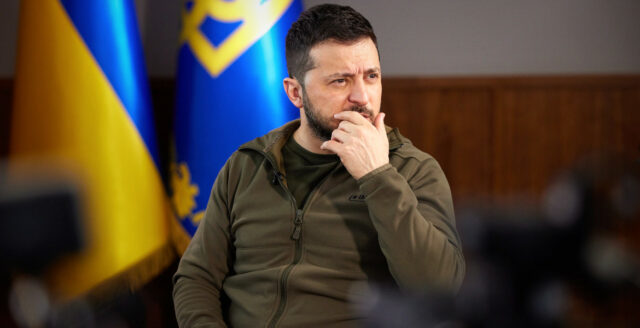The online activist group NAFO was formed to counter "Russian propaganda" on the Internet and to raise money for the Ukrainian war machine.
More recently, the group's members - known as "fellas" - have been accused of increasingly engaging in outright harassment of those who do not share their views on the righteousness and military superiority of the Ukrainian regime.
According to the movement's founder, Polish national Kamil Dyszewski, the movement was created more or less by accident last May. Since then, the movement has grown explosively, or as the term is used in such contexts - virally.
– The first "fella" was made on May 19…Somebody called us the new NATO or something like that and I just replied with ‘NAFO’. Then I just took the NATO badge, changed NATO to NAFO and added a head of a ‘fella’ peeking out. And there we are.
The abbreviation NAFO stands for North Atlantic Fella Organization, and a "fella" refers to a Shiba Inu dog, known in internet meme culture as a doge, and made famous in connection with the cryptocurrency Dogecoin. The bottom line is that ordinary "dudes" or "dudettes" can help support the war in Ukraine without leaving the comfort of their homes, computers, and cell phones.
War Propaganda Meets Internet Culture
Its members create cleverly edited images and videos to convey the idea of the invincibility of the Ukrainian army, the inevitability of Russian defeat, or otherwise support the Ukrainian war machine in particular and NATO in general.
Good Friday morning Fellas and Ukraine supporters 🥰
Today we celebrate the French national day - Vive La France 🇨🇵
In case you didn't know it is also "join NAFO day" 😁
I am proud to be a Fella and proud of what NAFO stands for ❤️
As always:#NAFOExpansionIsNonNegotiable pic.twitter.com/0BPOwuoLT6— Ladyfella Line 🇧🇻❤🇺🇦🇬🇪 (@LineFlob) July 14, 2023
Below is one of the movement's members' contributions, illustrating how the chivalrous and mighty Ukrainian forces easily destroy the advancing "hordes of Russian orcs" with rockets and magic.
Good morning to ye all, fkin pissin down as usual 😭😅. It’s ‘Fuckwit Friday’ of which there’s many on here 🤣 I hope u all have a great day 🥰 keep Supporting Ukraine 💙💛 pic.twitter.com/A691QnuEAO
— 🏴ꑭJoJoNAFO_UKꑭ🇬🇪 (@JoJoOFAN_UK) July 14, 2023
The focus on the ongoing war does not prevent this 'fella' from allusions to other political issues.
I feel like my Tweets aren't gaining traction. Am I deboosted? Analytics say NOT!
I'd appreciate a Boost for a pretty-sai.
Have a great Follow a Fella Friday! pic.twitter.com/BtKtg3lQBV
— Fellassar (@StriderHelm) July 14, 2023
On its Twitter channel, the Ukrainian Ministry of Defense officially thanked the organization for its fight against "Kremlin propaganda and trolls".
We usually express gratitude to our international partners for the security assistance. But today we want to give a shout-out to a unique entity - North Atlantic Fellas Organization #NAFO.
Thanks for your fierce fight against kremlin’s propaganda &trolls.
We salute you, fellas! pic.twitter.com/AfDnXf7pfc— Defense of Ukraine (@DefenceU) August 28, 2022
On its official website, NAFO sells merchandise in the form of clothing and accessories to raise money for the Ukrainian war machine.
According to various reports, they have managed to raise and donate anywhere from $50,000 to $400,000 to the Georgian Legion, which confirms in a tweet that the "Fellas" are "big supporters of them".
Due to the great response to our first prepaid delivery service, we're doing it again - but this time we're offering it to the Fellas, who are such huge supporters of ours!
Fellas, give us a message to send and we'll personally deliver it with video.#NAFO #SpecialDeliveryMF pic.twitter.com/zWb3Z5YV7U
— Georgian Legion (@georgian_legion) June 18, 2022
A Harassment Network
Recently, the organization has been accused of increasingly engaging in outright online harassment of dissenters in addition to its "core" activities.
Organized through the Discord chat platform, members use memes and posts to launch mass attacks on Twitter. By sending large numbers of provocative tweets against people who do not share their views, they try to provoke responses that violate Twitter's rules and can therefore be reported and lead to suspension.
As the group has attracted more American participants from left-wing backgrounds, their targets have shifted to include mainstream conservatives or MAGA supporters, as well as prominent figures such as Tulsi Gabbard and Tucker Carlson.
Despite allegations of harassment, Twitter has yet to take action against NAFO. Critics say the group's activities undermine trust in Twitter's reporting system, create a hostile user experience, and chill free speech.
Facts: The Doge Meme
"Doge" is an intentional misspelling of the word "dog" and is most commonly associated with images of the Shiba Inu dog breed.
The origin of the term "Doge" to refer to a dog dates back to June 24, 2005, when the word was first uttered in an episode of Homestar Runners. In the episode "Biz Cas Fri 1", Homestar calls Strong Bad his "d-o-g-e" while trying to distract him from his work.
The most prominent icon of the doge meme is the photos of Shiba Inu dog Kabosu taken by its owner, Japanese preschool teacher Atsuko Sato, in early 2010. The images quickly went viral, leading to countless memes and trends in the decades that followed.
Starting in 2017, ironic doge formats began to take over from the original, innocent version, a trend that continues to evolve.

